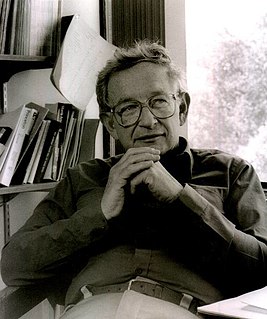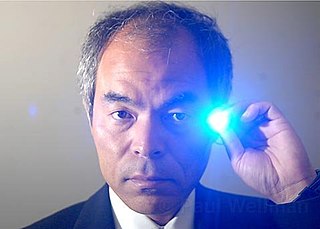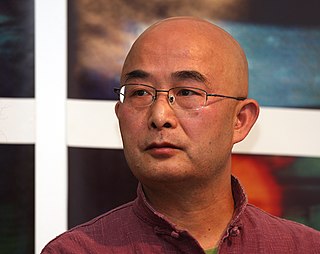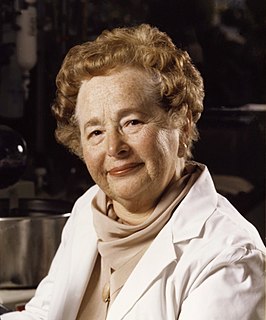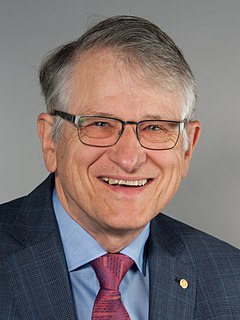A Quote by Philip Warren Anderson
The years since the Nobel Prize have been productive ones for me.
Quote Topics
Related Quotes
Two years ago I was on the train from Berlin to Frankfurt when I heard that the Nobel Peace Prize had been awarded to my close friend, the writer Liu Xiaobo, who is imprisoned in China. To me it was confirmation that universal values and a moral code do exist, and that the point of the Nobel Prize is to encourage writers to stand up for this moral code. Last Thursday I was once again on the train from Berlin to Frankfurt when I heard that the Nobel Prize for Literature had gone to Mo Yan. He is a state poet. I am utterly bewildered. Do these universal values not exist after all?
National Review once opined, many years ago, that, every year, the Nobel peace prize should go to the U.S. secretary of defense: The American military is the number-one guarantor of peace in the world. But maybe something like a Nobel freedom prize would be a more appropriate award for Reagan than a peace prize.
By the end of the millennium, despite the continuing excitement of the field, almost thirty years of a detour from chemistry to medical imaging began to pall, and I changed my focus to a field of chemical research, just in time for my past to catch up with me in the form of a Nobel Prize. All detours should be so productive!
If you look at the recent Nobel Prize winners, one couldn't say that the work didn't matter and the political commitment did. Who had ever heard of the Egyptian writer Naguib Mahfouz? He is not politically involved. Octavio Paz is a great poet, also not politically involved. The Nobel Prize is for literature, for the quality of work over the years.
As a Nobel Prize winner I cannot but regret that the award was never given to Mark Twain, nor to Henry James, speaking only of my own countrymen. Greater writers than these also did not receive the prize. I would have been happy - happier - today if the prize had been given to that beautiful writer Isak Dinesen.
People ask me often [whether] the Nobel Prize [was] the thing you were aiming for all your life, and I say that would be crazy. Nobody would aim for a Nobel Prize because, if you didn't get it, your whole life would be wasted. What we were aiming at was getting people well, and the satisfaction of that is much greater than any prize you can get.
It's impressive that a man [Dalai Lama], on the day after his Nobel Prize was announced, in October, 1989, said to me, "I really wonder if my efforts are enough?" Most of us, if we just won the Nobel Prize, would think this is vindication, or at last there's a chance for Tibet. He's the rare person who thinks, as a Buddha would, "I don't know if I've done enough, I don't know if I will do enough."
